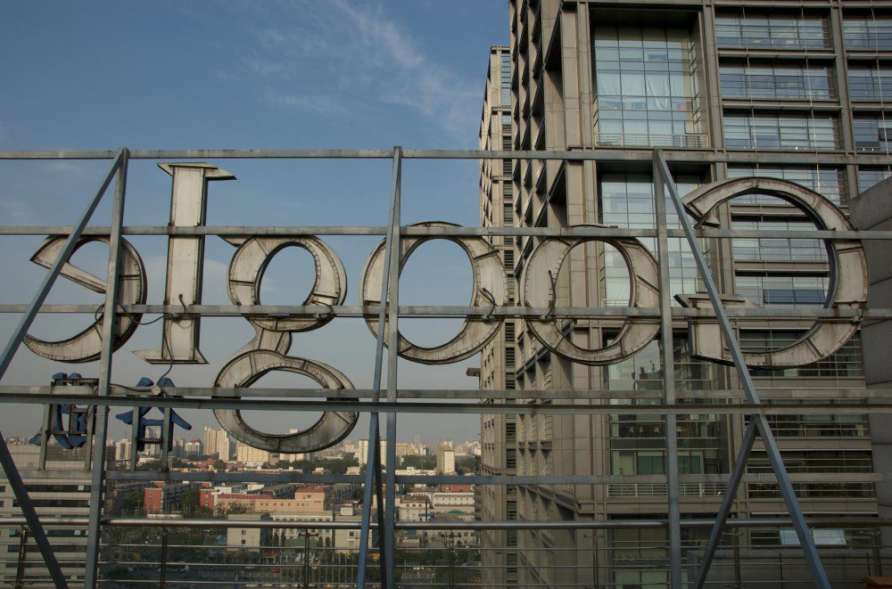'So, when they weren’t injected, their infection rate was 1.3% and when they got injected, it was 4.34%. It went up by over 300%,’ Pfizer ex-employee Karen Kingston stated. ‘They had less infection when they had no protection. So, that’s a problem.’
Updated October 4: The update affirms that Pfizer’s own study is consistent with outcomes around the globe showing a correlation between their COVID vaccine injections and increased incidents of infection, hospitalizations, and death.
A former Pfizer employee, now working as an industry analyst, has provided documentation indicating the pharmaceutical giant—whose gene-based COVID-19 vaccine has now been reportedly injected almost 225 million times into the arms of Americans—knows these shots cause recipients to become more susceptible to contracting COVID-19.
On Saturday Karen Kingston, the former Pfizer employee, a pharmaceutical marketing expert and biotech analyst, appeared beside medical freedom rights attorney Thomas Renz in a public meeting. The Ohio-based lawyer has been involved in several major cases brought against federal agencies relating to fraud and violations of medical freedom rights over the last 19 months.
After introducing Kingston, Renz presented the documents she had provided. (See from 17.40 in video.)
Of note is a “Briefing Document” used in a Food and Drug Administration (FDA) advisory committee meeting on September 17, 2021. Titled “Application for licensure of a booster dose for COMIRNATY (COVID-19 Vaccine, mRNA),” it includes a report on a study conducted by Pfizer testing the longevity of immunity provided by their product over time.
Involving over 36K participants, the main study revealed that the group injected with the regimen earlier were more likely to be infected with the virus than those injected later, indicating a possible “waning of immunity” for the shots. The group injected earlier had a 7% chance of infection in the time period, and those injected later, only a 5.16% rate, equating to the former group having a 36% greater chance of infection than the latter.
In addition, since both groups were measured for the same time period, the latter involving a significant placebo period prior to injection (5.1 months on average), the placebo group was unusually untouched. As Kingston stated in a telephone interview with LifeSiteNews, “There should have been more people infected in the placebo group because they were going on longer without any protection.” She suggested this would therefore seem to indicate that those injected have an even higher chance of being infected with COVID-19 than the 36% difference indicated by this portion of the study.
Extending this conclusion a step further, the document reports, “An additional analysis appears to indicate that incidence of COVID-19 generally increased in each group of study participants with increasing time post-Dose 2.”
In other words, Kingston said, “if you have two doses of Pfizer, your rate for getting infected...













